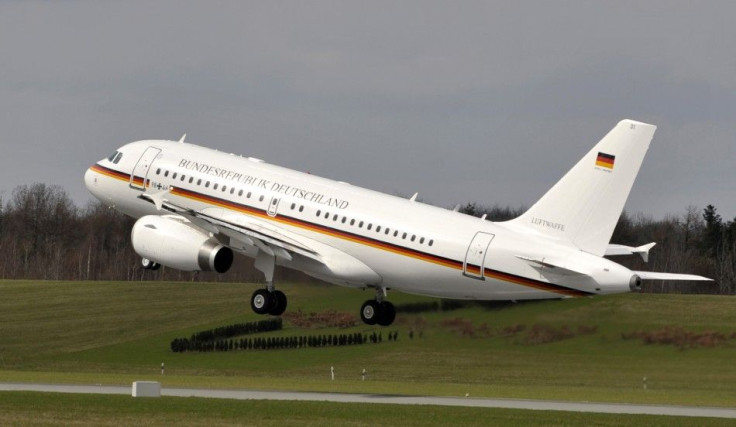India To Boycott EU Airline Tax

India is joining China in refusing to let its airlines pay the European Union's controversial new carbon-offsetting tax on airlines, and other nations may join those two countries, according to a report.
In January the EU expanded its carbon market, the world's biggest by traded volume, to include commercial flights through EU airspace. As a result any airliner flying into, out of or through EU airspace must buy carbon credits. The tax took effect Jan. 1 but airlines will not be billed until April 2013, once the specific amount of emissions has been calculated.
Last month China barred its airlines from complying with the EU carbon tax, known as the Emissions Trading Scheme, without approval from the Chinese government. Beijing, in a move widely seen as related to the carbon tax row, also suspended the purchase of $14 billion worth of jets from European maker Airbus.
This week India's government said it will encourage its airlines to refuse to pay the EU its carbon tax or share emissions data with the EU, Reuters reported Tuesday.
An Indian government official also warned that if the European Commission, the administrative arm of the EU, stops India's airlines from flying through European airspace, India will retaliate.
We have lots of measures to take if the EU does not go back on its demands. We have the power of the economy; we are not bleeding as they are, the government official told Reuters.
Airlines complain the tax adds billions in costs and reaches outside the bounds of EU airspace and charges airlines for the entirety of flights.
Russia has threatened to not pay the tax and last year the United States said it would take appropriate action unless the EU changes its carbon tax policy, Reuters said.
Meanwhile, other Asian nations may join India and China in opposing the EU.
The head of Indonesia's state-owned airline Garuda said Tuesday it might stop flying to Amsterdam in response.
If (the regulation) is too costly, we could be forced to close our European routes, President Director Emirsyah Satar told Reuters.
The president of Thai Airways said the state-controlled airline also opposed the EU law, but declined to comment on its impact on plane purchases.
If nothing changes, this will cost us 200-300 million baht a year starting 2013, Piyasvasti Amranand said.
I do agree with the idea of reducing carbon emissions, but the way EU has come up with the calculation for making airlines pay is something we feel is unfair.
© Copyright IBTimes 2024. All rights reserved.











